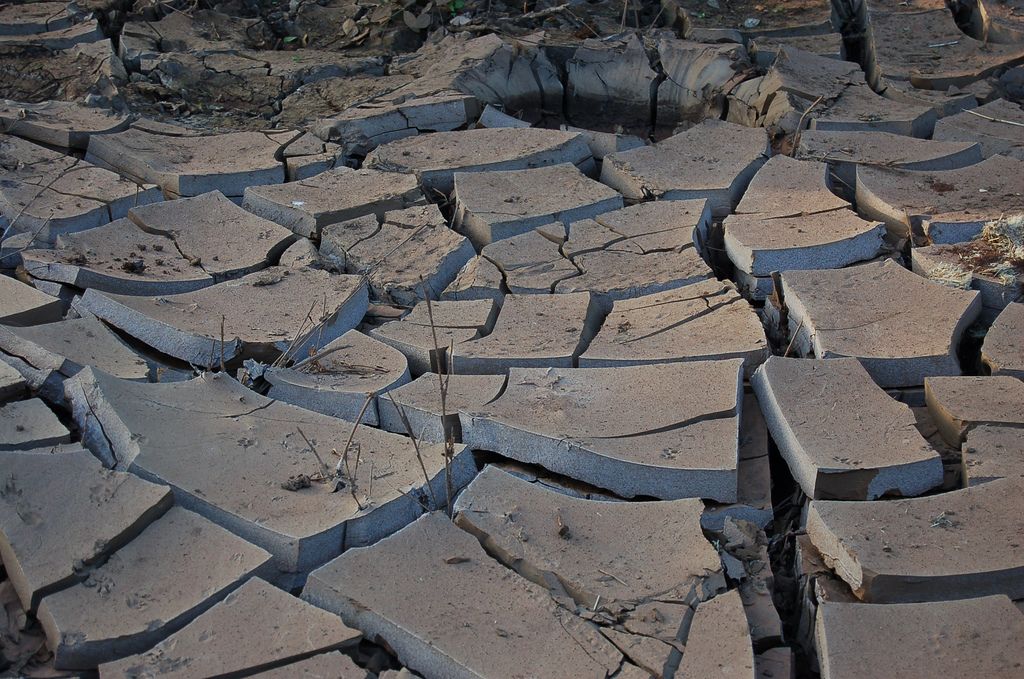‘Climate knowledge for climate action’ on World Meteorological Day

A detailed analysis conducted by the World Meteorological Organisation (WMO) has confirmed that 2014 was the warmest year on record, characterised by above-average high land temperatures, record ocean heat and devastating floods – and we all need to work towards a solution.
Climate change is a particularly pertinent issue on 23 March, United Nations’ (UN) World Meteorological Day.
Since 1961, World Meteorological Day has been recognised globally on or near 23 March to honour the establishment of the World Meteorological Organisation on the day in 1950.
A new theme is allocated annually for World Meteorological Day. The theme for 2015, “Climate knowledge for climate action”, takes a retrospective look at how climate knowledge gathered over the past few decades can be supplemented.
Thanks to ongoing data collection, we know that short-term and natural seasonal climate change is being exacerbated by human-induced climate change. As a result, temperatures are increasing, weather patterns are changing, and sea levels around the world continue to rise, adversely affecting lives and damaging property.
However, thanks to the climate knowledge pool, scientists are equipped to more accurately predict future weather patterns and precipitation trends, and action can be taken to mitigate potential risks.
Monday’s #WorldMetDay focuses on climate knowledge for #climateaction. @WMOnews: http://t.co/no19Ie4BAB#Action2015pic.twitter.com/blh8cFnZmO
— United Nations (@UN) March 23, 2015We know that climate change is caused by overloading our atmosphere with greenhouse gases from burning fossil fuels – coal, oil and natural gas – intensified by the degradation of tropical forests.
We, as a global community, need to significantly reduce the amount of heat-trapping emissions by burning less fossil fuel, investing in clean and renewable energy, and reducing tropical deforestation.
As an individual you might consider your carbon footprint to be minimal compared to that of industrial giants, but if everyone adopts a responsible lifestyle, collectively the results would have a positive impact.
Simple measures such as walking, biking and using public transport help to reduce emissions; lowering heating during winter and reducing use of air conditioning in summer save electricity; turning off lights when not in use puts less pressure on the power grid; taking shorter showers saves water; and limiting air travel helps to reduce airlines’ carbon footprint.
Read about Maropeng’s ongoing commitment to positive environmental change here.
See other Maropeng climate-related blogs below:
